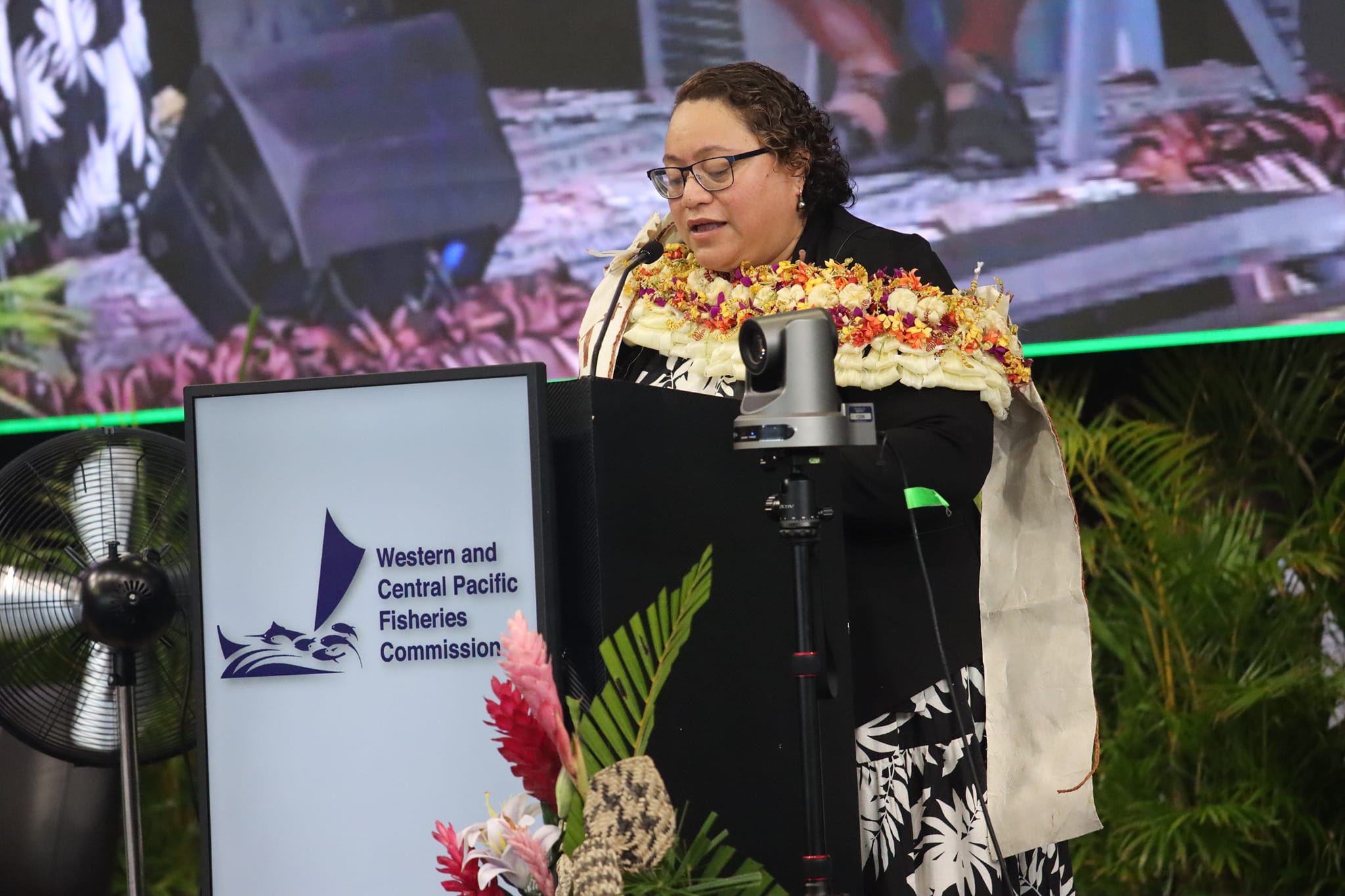The Western and Central Pacific Fisheries Commission (WCPFC) opened its 21st annual meeting today with Chairwoman Dr Josie Tamate, emphasising the critical importance of sustainable marine resource management in the Pacific region.
Dr Tamate highlighted the region’s significant global impact with the Western and Central Pacific Ocean providing over 50 percent of the world’s tuna supply – a multi-billion-dollar industry that is fundamental to the economic development of Pacific Island countries.
The meeting, hosted by the government of Fiji, comes at a critical time for marine conservation.
Dr Tamate outlined several key priorities for the 2024 session, including the adoption of crew labor standards, electronic monitoring minimum standards, and addressing emerging challenges such as climate change and ocean conservation.
“We have entered a stage of maturity as an organisation,” Dr Tamate said while stressing the importance of finding common ground on contentious issues.
The Commission will focus on several critical agenda items, including harvest strategies, climate change impacts, transshipment regulations, and protection of marine species. This marks the first time the organisation has included a dedicated agenda item specifically addressing broader ocean conservation issues.
Reflecting on the organisation’s 21-year history, Dr Tamate noted the progress made since the Convention on the Conservation and Management of Highly Migratory Species entered into force in 2004.
The Suva meeting represents an opportunity to build on past successes and address emerging challenges in marine resource management.
The meeting continues this week till Tuesday next week, with discussions expected to focus on developing strategies for long-term marine ecosystem preservation and economic sustainability.














